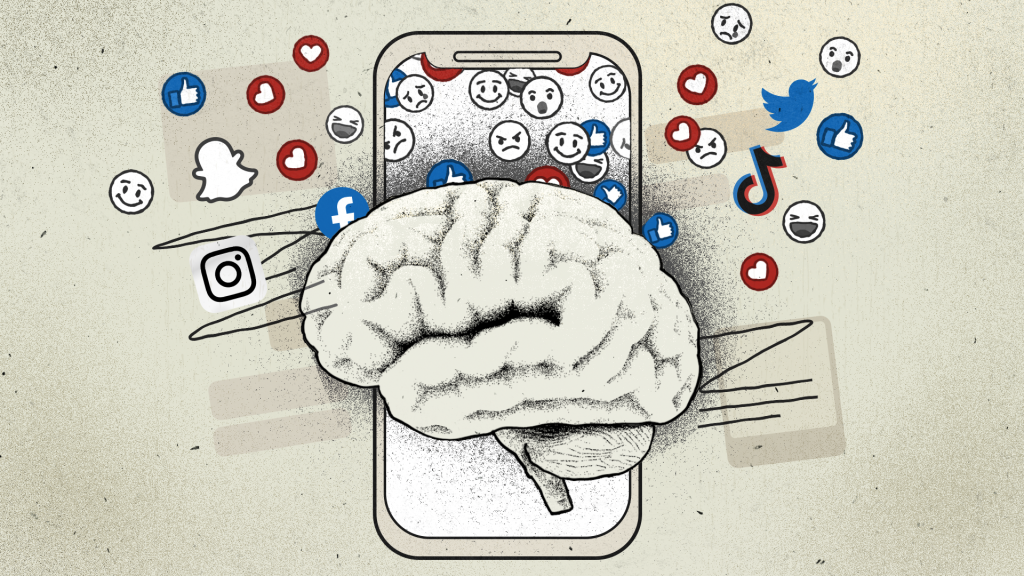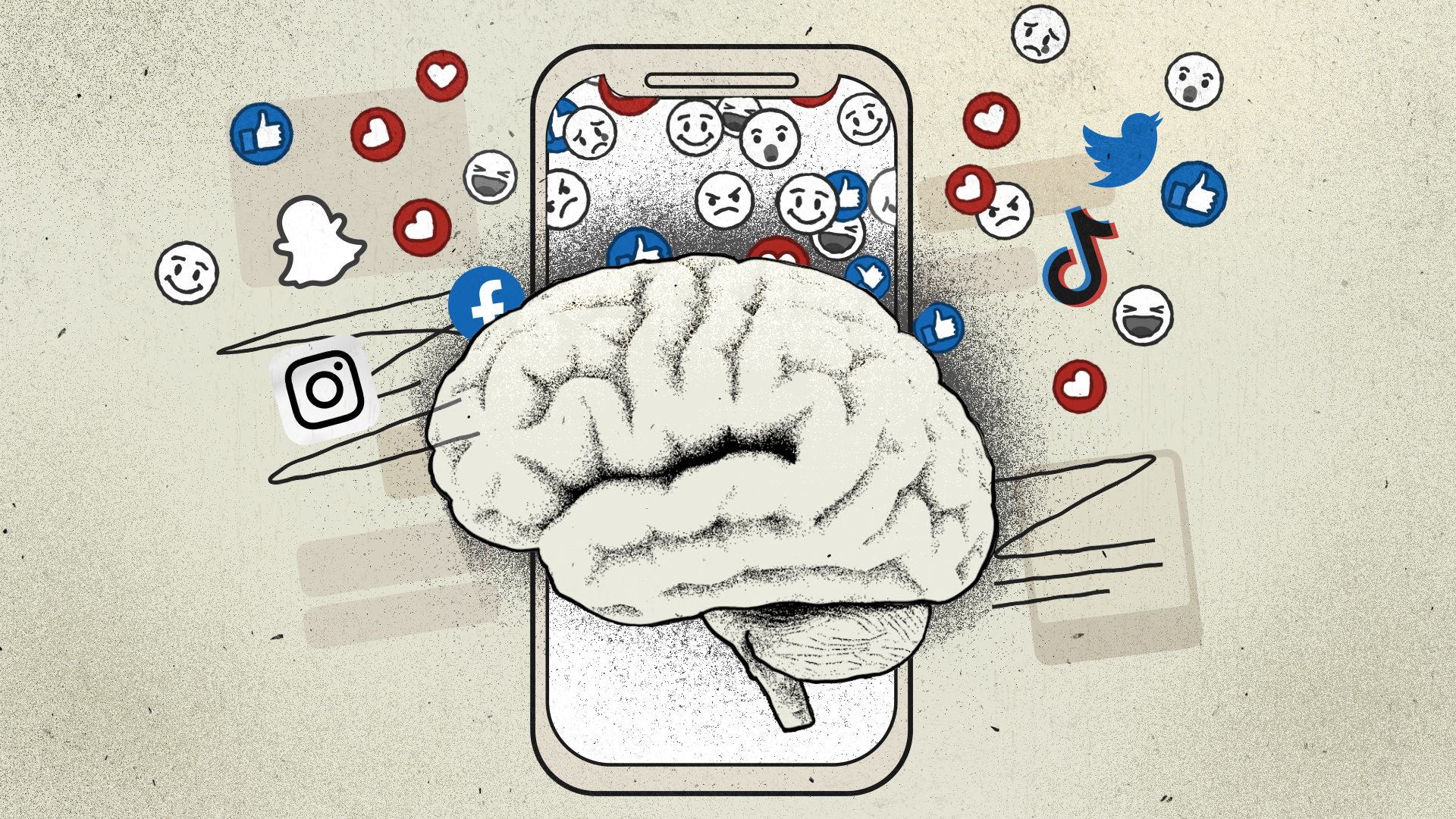Social media has become an undeniable part of teenage life. But a growing body of research suggests a troubling connection: increased social media use and declining mental health in teens. Concerns about social media’s impact on teens have circulated. However, many early studies lacked the strength to definitively prove cause and effect. These studies often relied on correlations, unable to show if social media use caused mental health problems or vice versa.

New Studies Shed Light
Longitudinal studies, tracking individuals over time, are revealing patterns. One such study found a drop in well-being among teens during specific developmental periods, particularly puberty and young adulthood. Interestingly, the effects differed by gender and age. A landmark study examined the rollout of Facebook across college campuses in the mid-2000s. This natural experiment offered a unique opportunity to isolate the platform’s influence. Researchers found a significant increase in anxiety and depression symptoms on campuses with Facebook compared to those without. The study also hints at a “Goldilocks effect.” Both very high and very low social media use might be detrimental. Moderate engagement might offer some benefits, but more research is needed. While these findings are concerning, they don’t reveal the exact mechanisms at play. Social Media’s Negative Effects on Teenagers’ Brain. Why does social media use seem to impact mental health? Social comparison and displacement of other activities are possible. However, traditional statistical analyses can’t answer these deeper questions.
Qualitative Research and the SMART Schools Project
Researchers are exploring more nuanced approaches. The SMART Schools project, for example, compares the mental and physical health outcomes of students in schools with and without cell phone restrictions. This project combines a natural experiment with qualitative research, including focus groups with students, parents, and educators. Social Media’s Negative Effects on Teenagers’ Brain. Understanding how teens use social media and the associated feelings can provide valuable insights. However, such research is time-consuming and requires a shift from solely relying on big data.
Challenges and Opportunities
The rapid evolution of social media poses a challenge for research. Studies often struggle to keep pace with the changing landscape. Yet, the potential benefits of social media remain. Social Media’s Negative Effects on Teenagers’ Brain. The question becomes: How can we harness the positive aspects while mitigating the negative ones? Unfortunately, there aren’t clear answers yet.
What Can We Do Now?
While definitive guidance awaits further research, open communication is crucial. Talking to teens and those around them about their social media experiences is a good starting point. By fostering dialogue and supporting robust research efforts, we can navigate this complex issue and help teens thrive in today’s digital world.
For further Information: https://constrofacilitator.com/
Read our previous articles: https://scitechupdate.com/index.php/japans-co2-absorbing-concrete-home/
https://scitechupdate.com/index.php/zinc-should-get-from-food-not-supplements/
https://scitechupdate.com/index.php/three-nobel-prizes-try-to-cover-all-of-science/
https://scitechupdate.com/index.php/the-most-populated-cities-in-the-world/
https://scitechupdate.com/index.php/aromas-and-odors-decoding-the-insect-brains-interpretation/
https://scitechupdate.com/index.php/pig-kidney-xenotransplantation-is-thriving-in-human-body/
https://scitechupdate.com/index.php/huaweis-new-smartphone-challenger-to-apple/
https://scitechupdate.com/index.php/israel-advances-cancer-treatment-with-genomic-profiling/https://scitechupdate.com/index.php/stomach-cancer-causes-signs-and-treatment/
https://scitechupdate.com/index.php/james-webb-telescope-captures-newborn-sun-like-star/
https://scitechupdate.com/index.php/oxygen-28-unstable-magic-isotope-that-defies-expectations/


